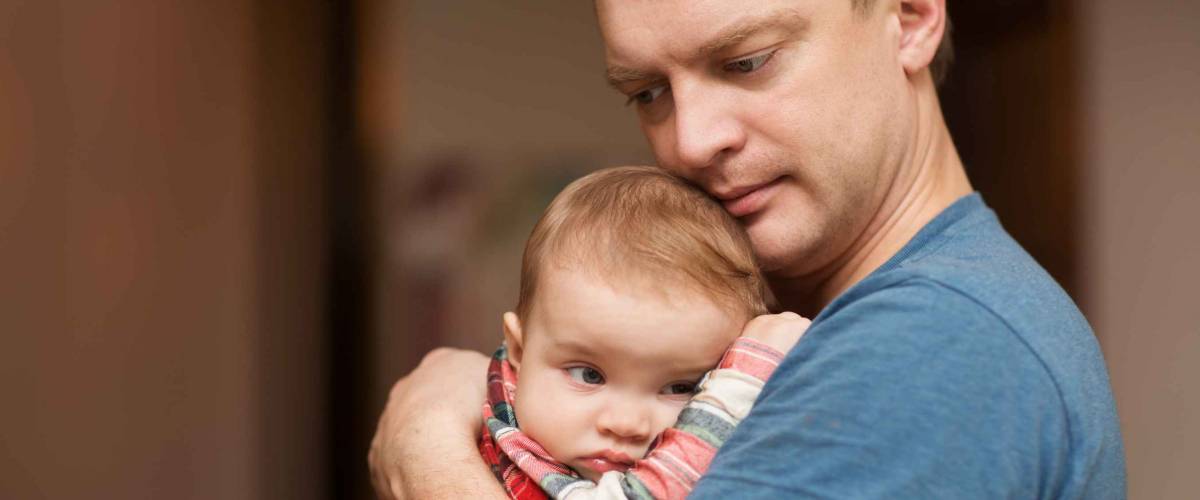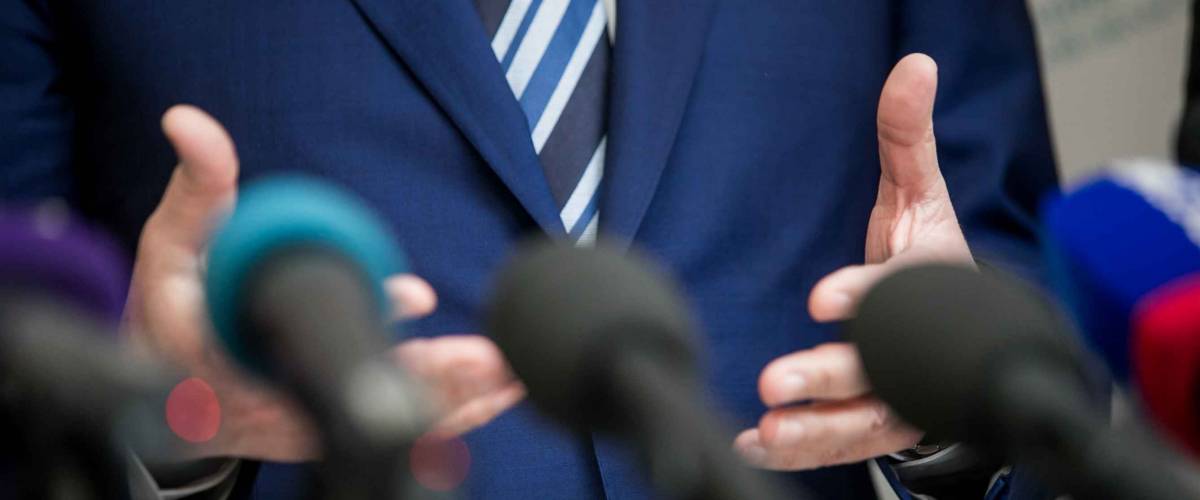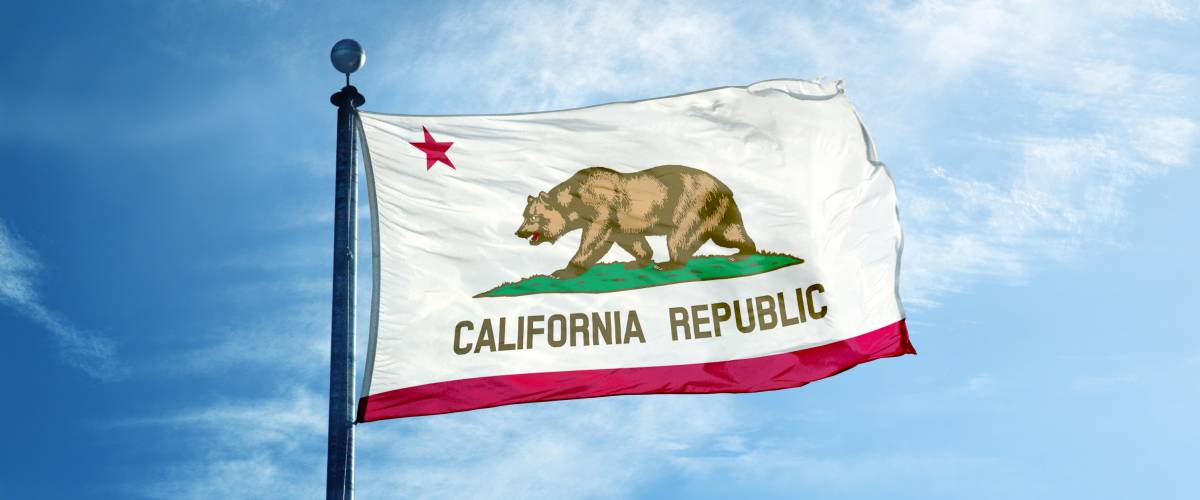More money headed to those in need

While guaranteed income and universal basic income programs are not new ideas, the COVID-19 pandemic has shown on a national scale how powerful modest amounts of free cash can be in tough times.
Universal basic income (UBI) payments are, like the name suggests, universal. Usually every resident of an area or citizen receives the same amount.
A longstanding example is the Alaska Permanent Fund, which has provided most residents with a cut of state oil revenues since 1982. Earlier this month, some 643,000 Alaskans got their annual payment of $1,114.
By contrast, guaranteed income (GI) payments only go to certain people. To qualify, you typically need to have a low income or belong to a specific group, and such restrictions are helping a lot of GI programs get off the ground.
For instance, 100 needy fathers in Columbia, South Carolina, got $500 debit cards in September and will receive the same amount every month for the next year. Then there’s the People’s Prosperity Pilot in St. Paul, Minnesota, targeted at young families with newborns.
And Pittsburgh used some of the COVID-19 relief funds it received from the federal government to give $500 per month to 200 low-income households for two years, with preference given to households led by Black women.
Discover how a simple decision today could lead to an extra $1.3 million in retirement
Learn how you can set yourself up for a more prosperous future by exploring why so many people who work with financial advisors retire with more wealth.
Discover the full story and see how you could be on the path to an extra $1.3 million in retirement.
Read MoreMayors lead the way

Many of these projects, including the ones in Columbia and St. Paul, are being run through a new national group called Mayors for a Guaranteed Income (MGI).
The coalition hopes to use the data from such experiments to lobby for a federal guaranteed income — not to replace existing social safety nets but to promote equity among people of different races, genders and economic backgrounds.
Fifty-seven mayors from across the country have joined the network since it started a year ago, and Twitter founder Jack Dorsey donated $18 million to help fund the pilots.
MGI was founded by Michael Tubbs, the former mayor of Stockton, California, who oversaw a two-year pilot that gave 125 random people in low- to middle-income areas $500 a month.
Results gathered from the first year of the project, SEED, were released in March. Recipients reported being less stressed and more resilient in tough times, and they were able to find full-time employment at more than twice the rate of others.
“The last year has shown us that far too many people were living on the financial edge, and were pushed over it by COVID-19,” said Tubbs in a release. “SEED gave people the dignity to make their own choices, the ability to live up to their potential and improved economic stability going into the turmoil of the pandemic.”
California goes big

It’s not just mayors in scattered cities testing out guaranteed income. California is the latest state to jump onto the regular-payment bandwagon.
In July, the Golden State set aside $35 million for a range of guaranteed income projects, prioritizing residents who are pregnant or young adults who age out of the foster-care system. People can receive monthly payments of up to $1,000.
“Direct cash assistance empowers people in a way that our traditional overly prescribed social safety net programs do not,” said Sen. Dave Cortese, a co-sponsor of the plan, in a June press release.
“It tells people that they are capable and trusted to make the financial decisions that are most important to their individual well-being and success.”
The state is already bustling with seven ongoing experiments. Three are near Los Angeles. The San Francisco Bay Area has two now and another pair proposed. Two more are planned in Los Angeles and San Diego.
Kiss your credit card debt goodbye
Millions of Americans are struggling to crawl out of debt in the face of record-high interest rates. A personal loan offers lower interest rates and fixed payments, making it a smart choice to consolidate high-interest credit card debt. It helps save money, simplifies payments, and accelerates debt payoff. Credible is a free online service that shows you the best lending options to pay off your credit card debt fast — and save a ton in interest.
Explore better ratesHow to make your own stimulus check

While more and more people are getting these stimulus check-style payments, don’t expect that your number will come up soon. Even if you do qualify as a member of the right group in the right area, the individual recipients are typically chosen by lottery.
Plus, the idea of a permanent, national UBI program has yet to win broad support. Despite the promising data from Stockton, critics still worry about how recipients will spend their free money and whether they’ll be less likely to look for well-paying jobs.
About 54% of Americans are opposed to the idea of the federal government providing $1,000 each month to all adult citizens, according to a Pew Research Center survey last year.
Still, that doesn’t mean the prospect of extra cash is off the table; it just means you have to find it yourself. Here are a few strategies you can employ to potentially add hundreds to your monthly budget:
-
Deal with your debt. Credit cards have helped many households get through the last year, but the expensive interest will only make life harder going forward. Folding your balances into a single debt consolidation loan can cut the cost of your debt and help you pay it off faster.
-
Slash your insurance premiums. When was the last time you looked around for a better price on your auto insurance? If it’s been a while, it may be costing you more than $1,000 extra every year. Shop around to ensure you’ve really got the best possible rate, then do the same to save hundreds on home insurance, too.
-
Stop overpaying on essentials. Even if you put yourself on a lean budget, you’ll still need to stock up on supplies every now and then. And when that time comes, use a free browser extension that will automatically scour the internet for lower prices and coupons.
-
Turn pennies into a portfolio. Even if you don't have much money to spare, you can still earn returns from today’s hot stock market. A popular app will help you invest your “spare change” from everyday purchases in a diversified portfolio.
This 2 minute move could knock $500/year off your car insurance in 2024
OfficialCarInsurance.com lets you compare quotes from trusted brands, such as Progressive, Allstate and GEICO to make sure you're getting the best deal.
You can switch to a more affordable auto insurance option in 2 minutes by providing some information about yourself and your vehicle and choosing from their tailor-made results. Find offers as low as $29 a month.









